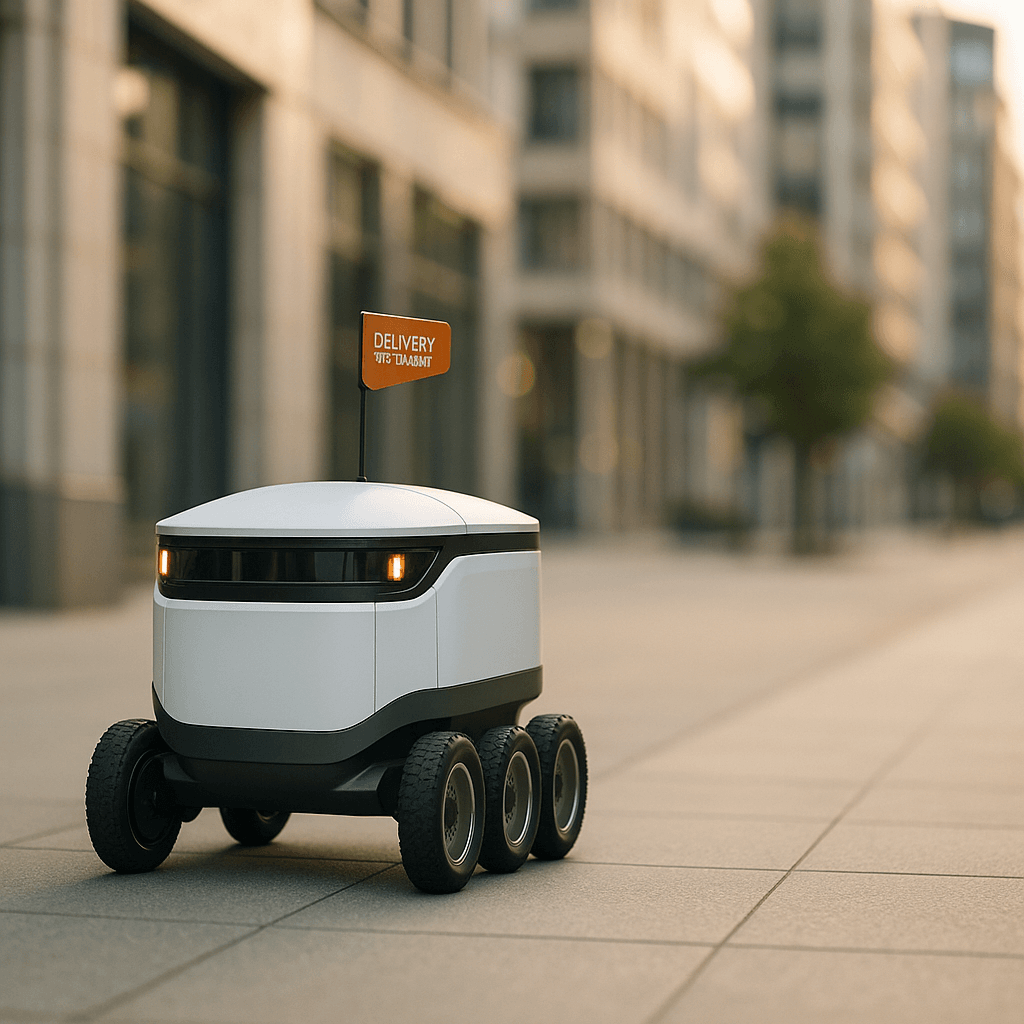Google just threw down the gauntlet in the enterprise AI race. The company unveiled Gemini Enterprise today at its Google Cloud event, positioning it as "the new front door for AI in the workplace." This marks Google's most aggressive push yet to capture the booming workplace AI market that's already seeing billions in investment.
Google is making its biggest bet yet on workplace AI, and the timing couldn't be more strategic. The company's new Gemini Enterprise platform, announced today at its Google Cloud event, represents a direct challenge to Microsoft's dominance in enterprise productivity tools and OpenAI's growing foothold in business applications.
The platform promises to be more than just another AI assistant. According to Google's announcement, Gemini Enterprise "connects company information to help workplaces collaborate and automate tasks with agents." That's enterprise-speak for something potentially game-changing - an AI system that can actually understand and work with your company's specific data and workflows.
What makes this launch particularly interesting is Google's emphasis on agents. While competitors have focused largely on chat interfaces and document generation, Google appears to be betting that the future of workplace AI lies in autonomous agents that can actually perform tasks, not just suggest them. The company describes bringing "the best of Google AI to every employee, for every workflow" - a remarkably broad promise that suggests deep integration across Google's enterprise suite.
The competitive dynamics here are fascinating. Microsoft has been pushing hard with Copilot across its Office suite, while OpenAI continues to expand ChatGPT's enterprise capabilities. But Google has something neither competitor can match - the world's most sophisticated search and information retrieval infrastructure, now powered by its latest Gemini models.
Google's timing also aligns with a broader shift in how enterprises think about AI deployment. Rather than bolt-on solutions, companies increasingly want platforms that can integrate with their existing data and processes. The promise of connecting "company information" suggests Google understands this trend and is building accordingly.
The announcement also includes updates to Google Workspace and what the company calls "our new hub for learning AI skills." This educational component could prove crucial - one of the biggest barriers to enterprise AI adoption isn't technology, it's training employees to use these tools effectively.












